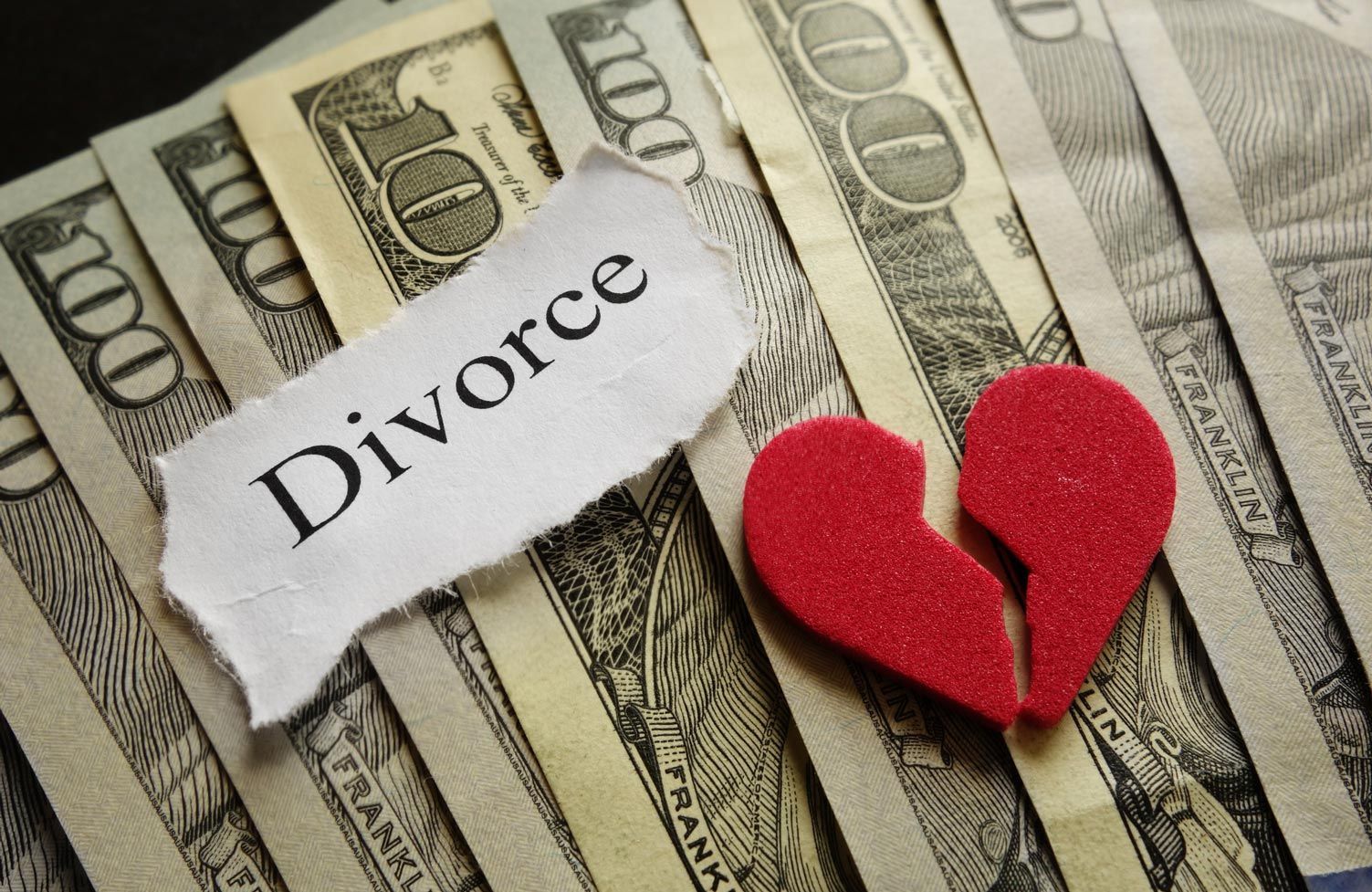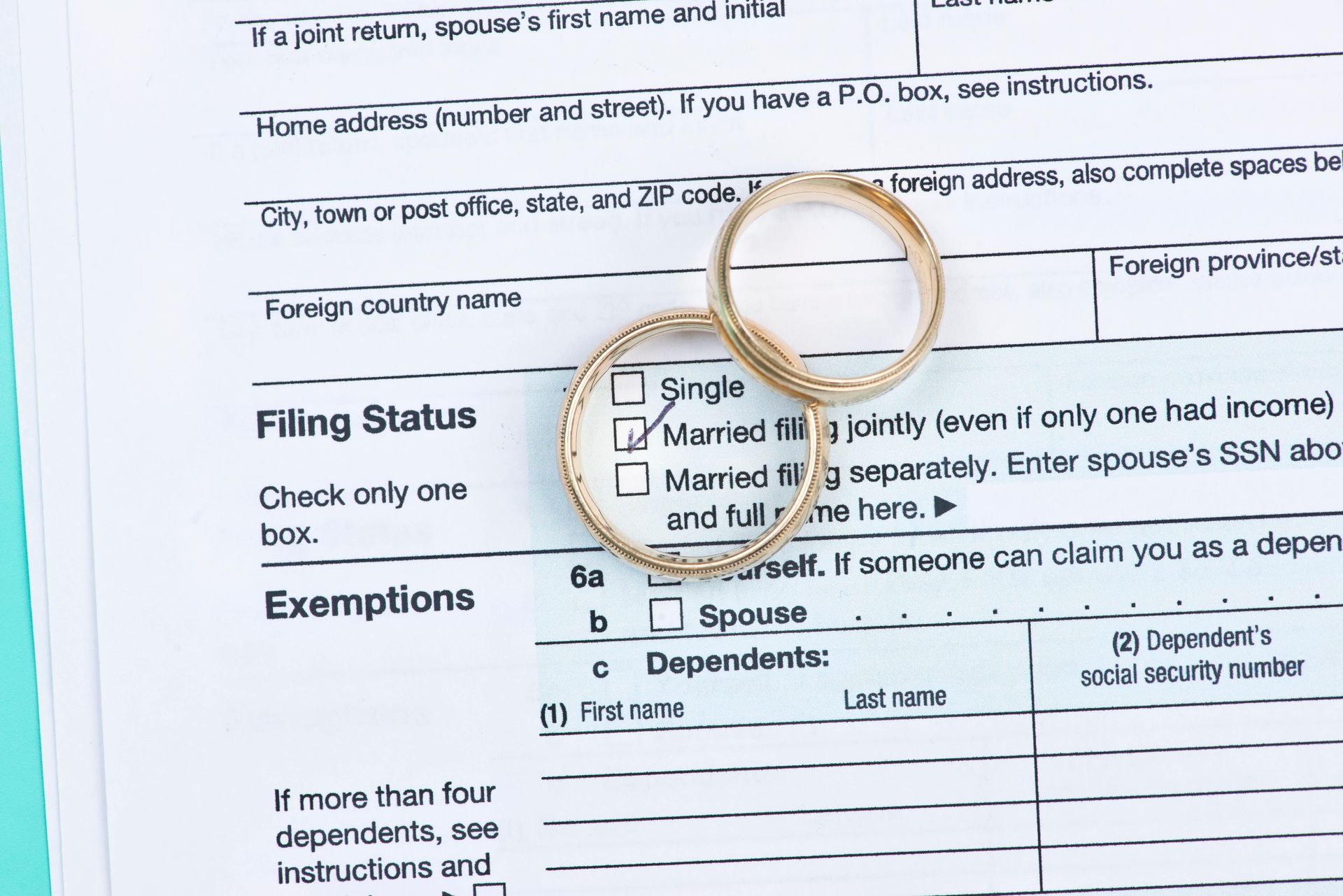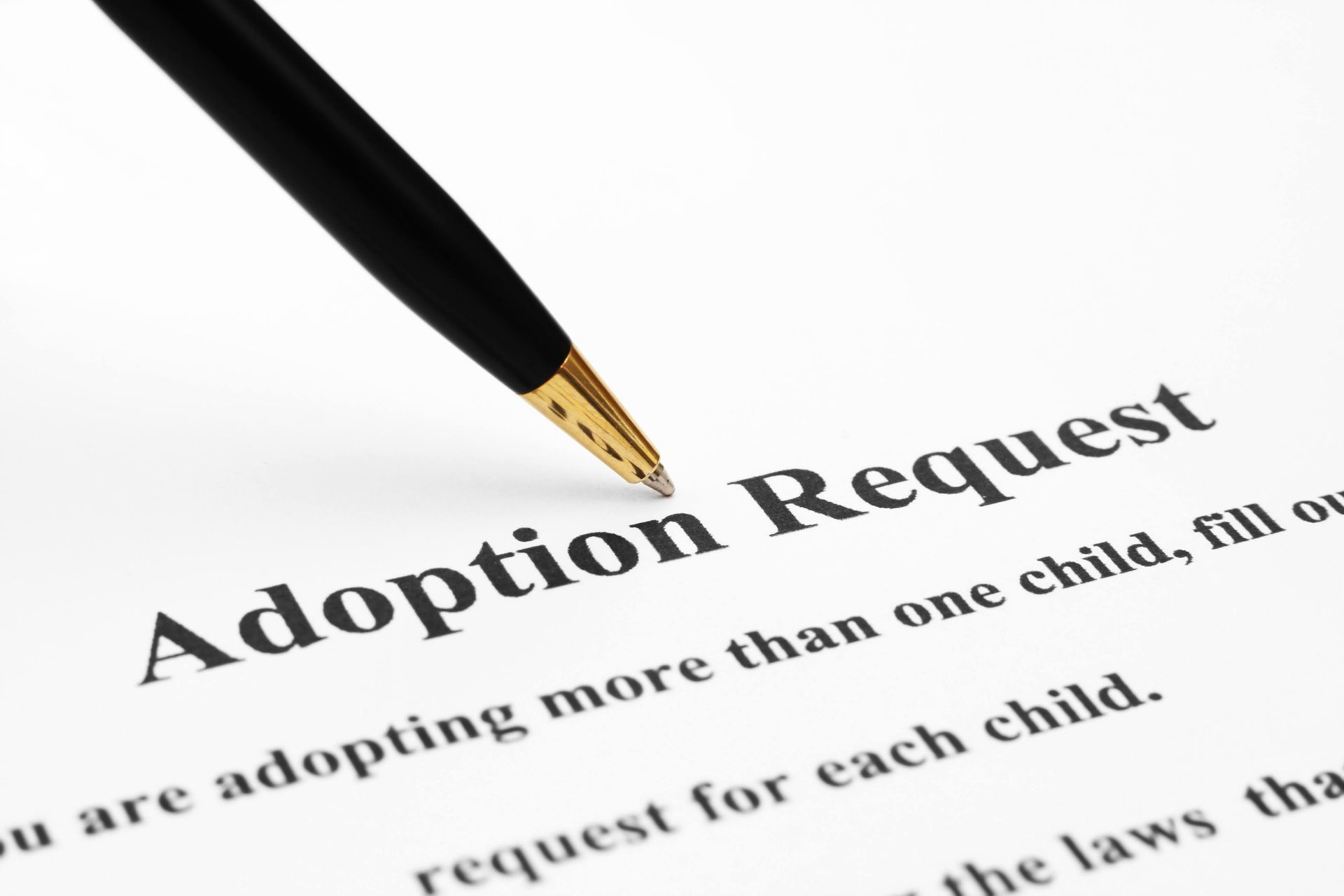Instances When Foreclosure Becomes Inevitable
Foreclosure is a topic that strikes fear into the hearts of homeowners everywhere. The prospect of losing one's home due to unforeseen financial hardships is daunting and emotionally taxing. From financial hardships and market conditions to family disputes and medical emergencies, this blog will delve into the various scenarios that can make foreclosure an unfortunate reality. Whether you are currently facing this possibility, know someone who is, or simply want to be prepared, this blog offers crucial insights to help you steer through one of life's most difficult financial challenges.
Financial Hardships Leading to Foreclosure
Several financial hardships can trigger the inevitability of foreclosure. Job loss, medical emergencies, or the unexpected death of a family member can significantly impact your ability to meet mortgage payments. When a steady income stream is disrupted, prioritizing expenses becomes a cruel game of choice, leaving mortgage payments neglected. Extended unemployment can erode savings, and without alternative income sources, missing multiple mortgage payments may lead to the initiation of foreclosure proceedings.
Market Conditions and Negative Equity
Economic downturns and crashing real estate markets can leave homeowners "underwater," where the remaining mortgage balance exceeds the property's current market value. Negative equity can discourage homeowners from continuing payments, especially if they believe regaining value equivalency is improbable. This often results in missing payments, thus pushing the lender to begin foreclosure steps as the home value cannot cover outstanding debts in case of a potential sale.
Adjustable-Rate Mortgages and Payment Increases
Adjustable-rate mortgages (ARMs) can be appealing due to initially lower interest rates. However, when the adjustable period kicks in, interest rates can rise sharply, sometimes beyond a homeowner's means. The monthly mortgage payment increase can strain finances already stretched to their limits, making it difficult to keep up with payments and forcing some to default and face foreclosure.
Divorce and Family Disputes
Divorces often result in a single-income household needing to shoulder the mortgage burden previously managed with two incomes. This sudden financial strain can make it difficult for one person to keep up with the mortgage payments. Additionally, disputes over property division can delay mortgage payments, as both parties may be uncertain or uncooperative about who is responsible for the payments. These delays can negatively impact credit scores, making it even harder to secure financial stability. Eventually, if the mortgage payments are missed for an extended period, the lender will start foreclosure proceedings, which can lead to the loss of the home and further financial and emotional stress for the individuals involved.
Illness or Disability
Severe illness or disability can drastically alter a homeowner's financial situation. Medical treatments often come with exorbitant costs, taking precedence over mortgage payments. Additionally, becoming disabled might reduce one's ability to work, cutting off crucial income streams. This combination of rising medical expenses and dwindling income can quickly lead to missed mortgage payments and the threat of foreclosure.
The Foreclosure Process
Understanding the foreclosure process is crucial for homeowners. Typically, foreclosure starts after several missed mortgage payments. The lender will issue a Notice of Default, which provides the borrower with the opportunity to rectify the situation. If the borrower cannot catch up on payments or reach a mutually agreeable solution with the lender, the process moves forward to a public auction, where the property is sold to the highest bidder or taken over by the lending institution.
Foreclosure is a challenging and often overwhelming experience for any homeowner. By understanding the various factors that can lead to foreclosure, such as financial hardships, market conditions, and family disputes, individuals can take proactive steps to mitigate these risks. Knowledge of the foreclosure process itself also empowers homeowners to make informed decisions and seek out assistance when needed. Whether through financial counseling, negotiation with lenders, or exploring other resources, there are ways to navigate these tough times. While foreclosure is not always avoidable, being prepared and informed can make a significant difference, ensuring that homeowners have the support and strategies needed to face one of life's most daunting financial challenges. If you are in danger of having to foreclose on your property, contact our associates at John D. Wieser Esq. for more information.









